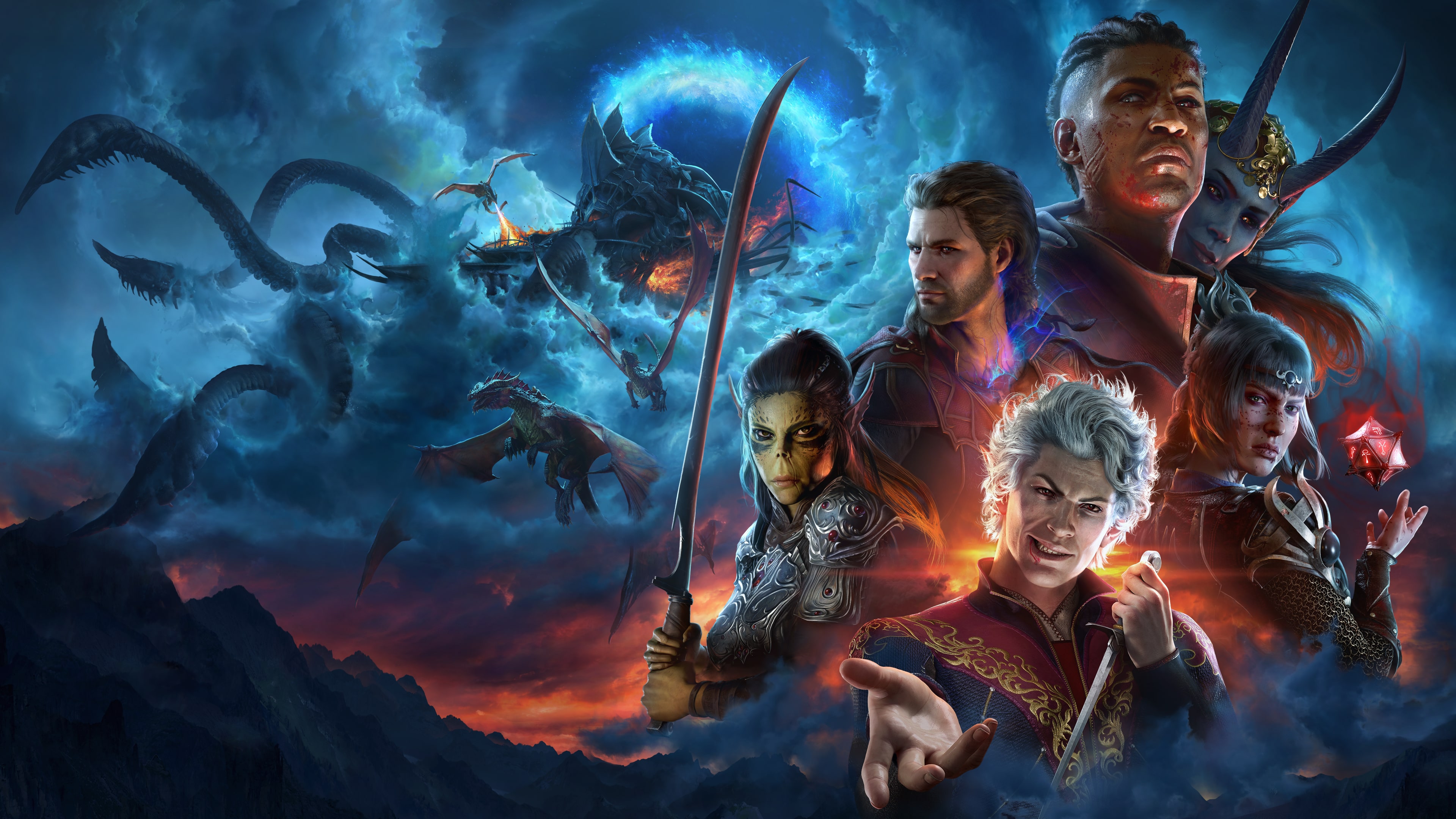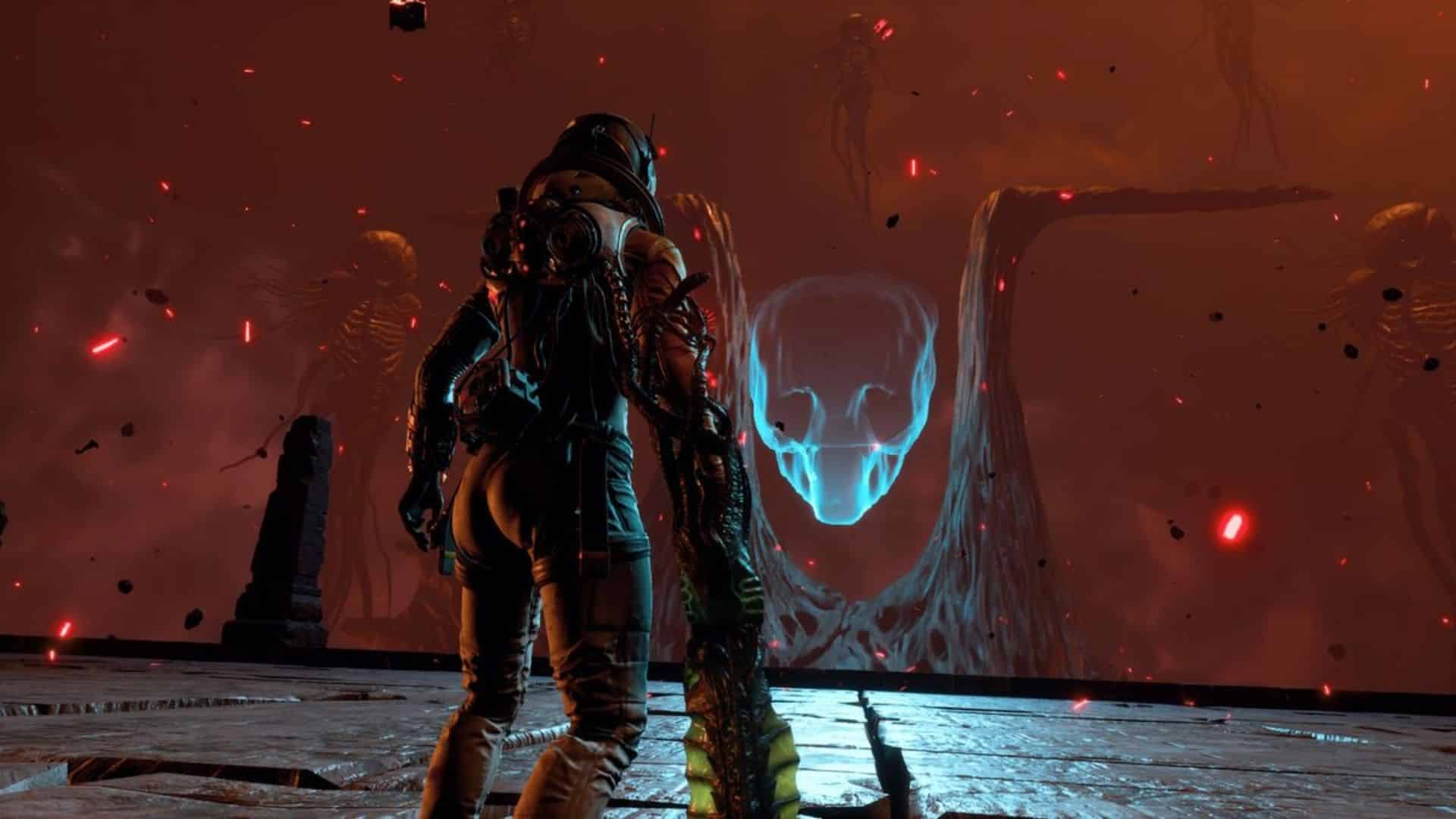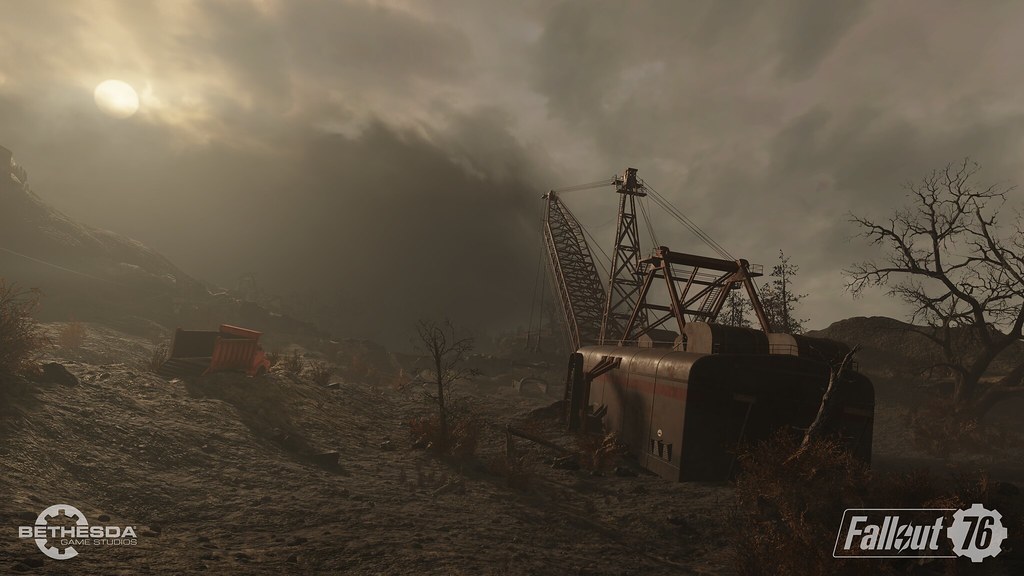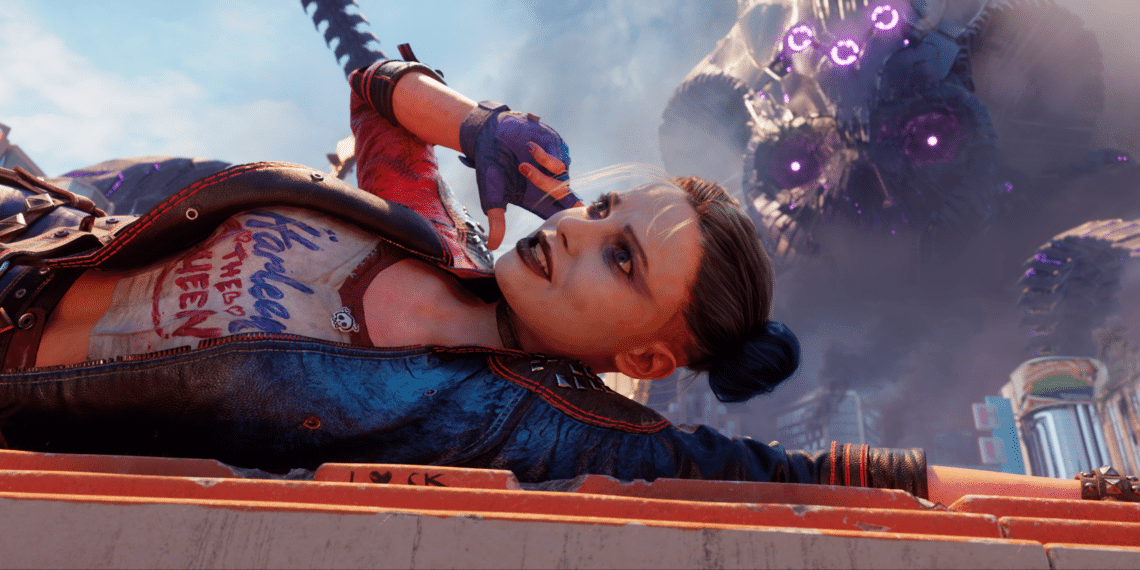If you’ve been anywhere near the gaming industry lately, you might have caught wind of a rather bold proclamation echoing through the halls of developer conferences and online forums alike. ‘Marketing’s dead,’ they say, and it’s not just any disgruntled gamer behind the statement—it’s none other than Michael Douse, the publishing director of Larian Studios, the masterminds behind the critically acclaimed Baldur’s Gate 3. This sentiment was echoed loud and clear during a recent PC Gamer roundtable interview, where Douse, alongside other industry heavyweights, laid down the law on the current state of game marketing.
The Death of Marketing
The conversation, which took place during the Game Developers Conference in San Francisco, was a veritable who’s who of the gaming world. Rebecca Ford, the creative director of Warframe, set the stage with a simple yet profound observation: ‘Actual players don’t want to be marketed to.’ This statement, which could easily be dismissed as a throwaway comment, was anything but. It was the spark that ignited a discussion that would challenge the very foundations of traditional marketing within the gaming industry.
Douse didn’t just agree with Ford; he doubled down with the kind of fervor that can only come from someone who’s seen the writing on the wall and is ready to shout it from the rooftops. ‘Marketing is dead. It truly is—I can back this shit up, man,’ he declared with confidence. The old ways of marketing, communication, and PR, which once revolved around retail theories and partnerships with brick-and-mortar stores, are now relics of a bygone era. The internet has changed the game, and with it, the effectiveness of traditional advertising channels has diminished to the point of obsolescence.
Why has the tried-and-true method of plastering ads across every conceivable medium suddenly lost its luster? The answer, according to Douse and his contemporaries, is simple: players are tired of being bamboozled. They’re tired of the smoke and mirrors that have long been the hallmarks of marketing campaigns. They want transparency, honesty, and a genuine conversation about the games they love and the people who create them.
This isn’t just idle chatter among industry insiders; it’s a sentiment that’s been brewing for some time. Casey Yano, the developer behind Slay the Spire, reminisced about his own aversion to advertisements from a young age, wondering why AdBlock wasn’t saving him from the onslaught. It’s a sentiment shared by many millennials, a generation that has grown up with the tools to sidestep traditional advertising and seek out the content they actually want to engage with.

The Future of Game Marketing
Douse’s solution? Market your game where it matters most—on the store itself. Everything else, he argues, isn’t worth the investment. This revelation didn’t come overnight; it was a lesson hard-learned through the development and release of Baldur’s Gate 3. The game’s journey through early access, a period where players could actively participate in shaping the game’s development, was a testament to the power of community engagement over traditional marketing tactics.
Eyrún Jónsdóttir, VP of publishing at EVE Online developer CCP, added another layer to the conversation by highlighting the importance of player involvement. EVE Online’s enduring popularity, even after 21 years, is a direct result of its community’s vocal support and active participation. It’s clear that the relationship between developers and players is evolving into something far more collaborative and interactive than ever before.

As the roundtable discussion ventured beyond marketing and into other pressing topics within the industry, such as the influence of games like Slay the Spire, the use of AI, and the biggest trends in PC gaming, one thing remained abundantly clear: the gaming industry is at a crossroads. The old ways of doing things are being challenged, and a new paradigm is emerging—one that prioritizes genuine connections with players over flashy ad campaigns.
What does all this mean for the future of game marketing? It means that developers and publishers need to rethink their strategies from the ground up. It means that the focus should shift from trying to ‘sell’ a game to trying to ‘share’ a game. It means that the gaming community is more empowered than ever to shape the games they play and the conversations around them. And it means that, in this new era, authenticity is king.
Related posts:
‘Marketing’s dead, and I can back this s**t up’: Baldur’s Gate 3 publishing director says players ‘just want to be spoken to, and they don’t want to be bamboozled’
‘Marketing’s dead, and I can back this s**t up’: Larian’s publishing director says players ‘just want to be spoken to, and they don’t want to be bamboozled’
‘Marketing’s dead, and I can back this s**t up’: Larian’s publishing director says players ‘just want to be spoken to, and they don’t want to be bamboozled’





